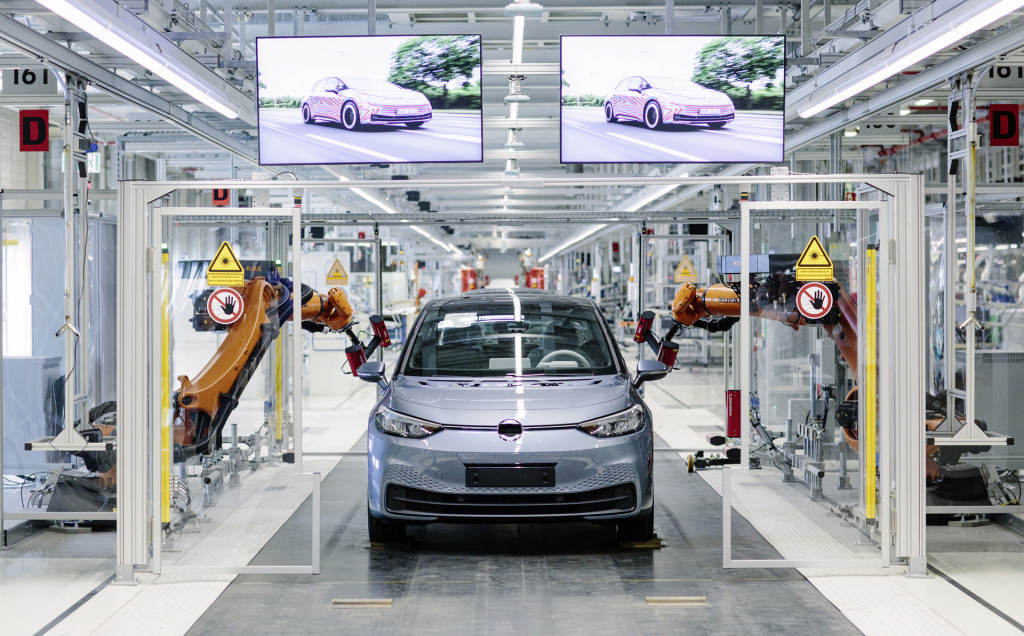The coronavirus pandemic will slow global EV sales growth, but electric cars will reach a significant affordability target earlier than expected, according to a new report from research firm Wood Mackenzie.
"The projected price of battery packs keeps dropping," researchers said, anticipating that the price of battery packs will drop below $100 per kilowatt-hour by 2024—one year earlier than expected. Most analysts consider that threshold the point at which EVs will achieve price parity with internal-combustion cars.
Wood Mackenzie also predicted that electric-car sales would reach 45 million units per year by 2040, with a total of 323 million EVs on the road globally at that time.
Both projections have been revised down 2% from the research firm's pre-coronavirus forecast. It expects the pandemic to delay the shift toward EVs, as growth of the full vehicle market lags by about two years.
Responses to the pandemic in China and Europe have emphasized green technology, but this has not been the case in the U.S., the research firm noted, adding that more effort is needed to curb transportation-related carbon emissions.

2020 Volkswagen ID 3 production at plant in Zwickau, Germany
"Despite EV stock growing to 35 times its current size, the transport emissions curve will flatten and not fall," a press release from the firm said. "The global CO2 emissions contribution of transport will increase by 1.3 megatons between now and 2040."
Earlier in the year, the same firm anticipated that EV sales would drop by 43% in 2020 due to the pandemic.
Just before the pandemic, Wood Mackenzie also predicted that Volkswagen's goals for electric-vehicle growth are unachievable. VW hopes to sell 28 million electric cars globally by 2028, encompassing 70 models from multiple brands, with more than half of them in China.
Although the Trump administration hasn't made any moves to favor renewable energy and EVs in the recovery, Democratic presidential nominee Joe Biden's plan includes possibly broadening the EV tax credit and creating a program like Cash for Clunkers but potentially favoring EVs.












